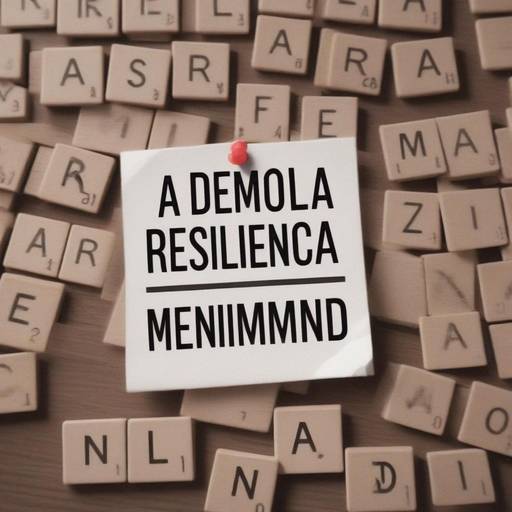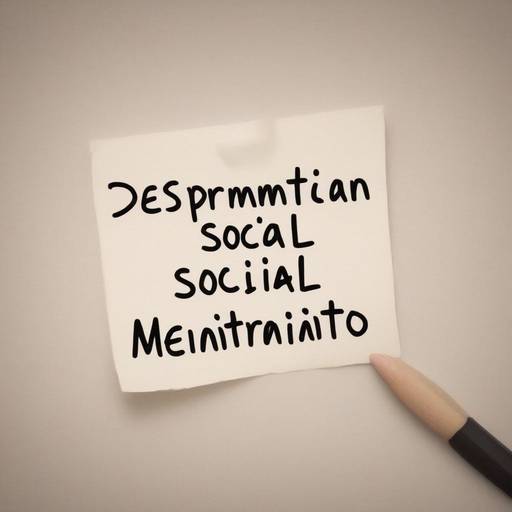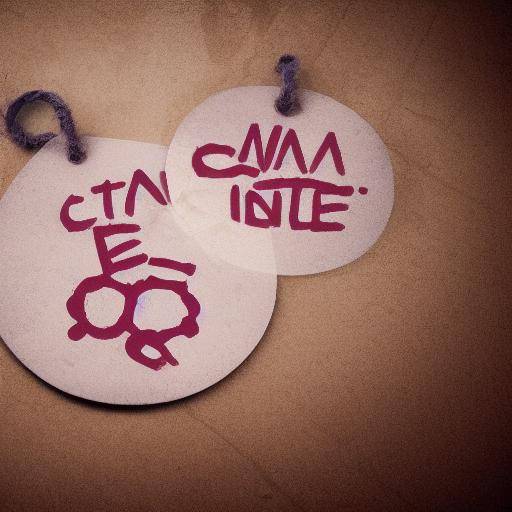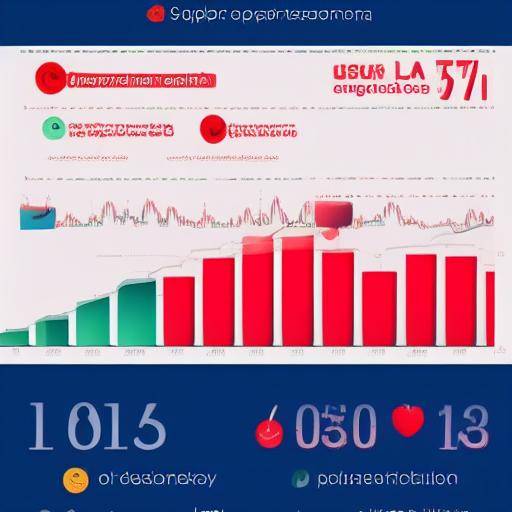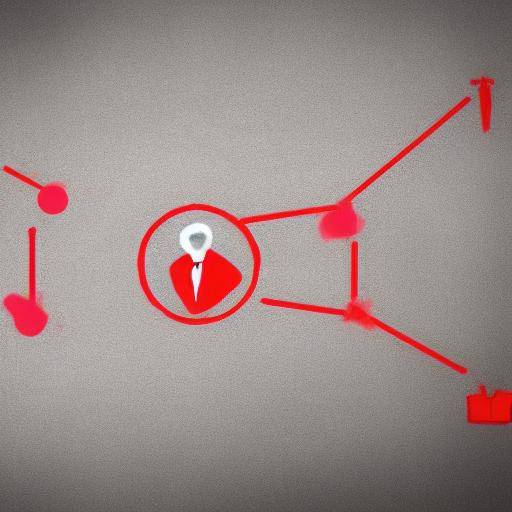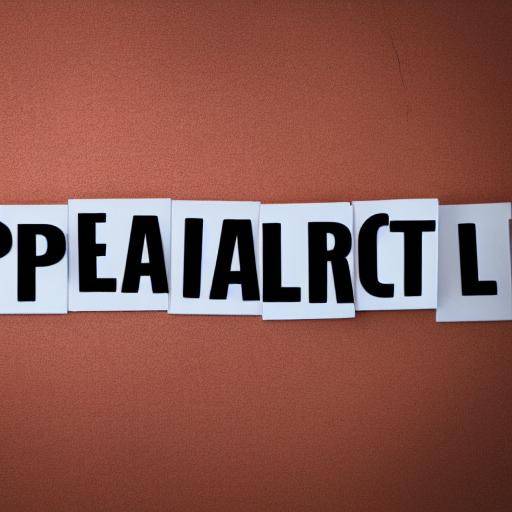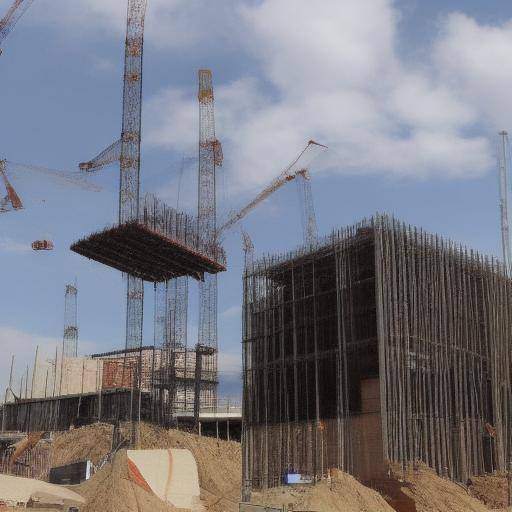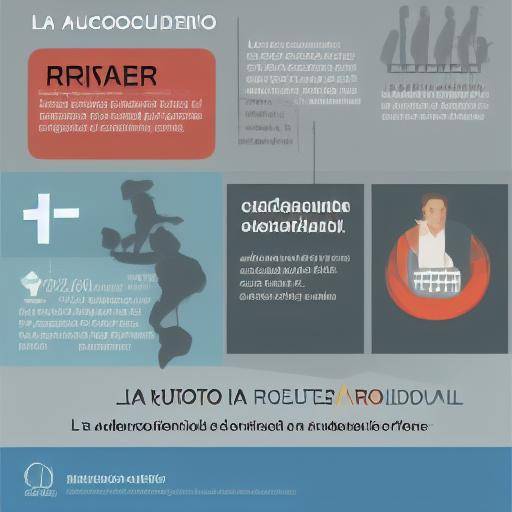
Introduction
Personal relations are a fundamental pillar in the development of resilience. The ability to face and overcome adverse situations is shaped by human interactions, emotional support and the network of contacts surrounding each individual. In this article, we will thoroughly explore how personal relationships influence resilience development and how social support plays a crucial role in this dynamic.
History and background
Personal relationships and their impact on resilience have deep roots in the history of psychology and sociology. From the first studies on the influence of the family environment on the ability to recover individuals to the evolution of the understanding of the social support network, important milestones and key figures have emerged.
Important issues
- 1930s: An increase in the interest in resilience at the psychological level.
- 1950s: First studies that explore the role of family relations in building resilience.
- 1980s: Research boom in positive psychology and social support networks.
- 2000s: Significant progress in understanding resilience in various cultures and socio-economic environments.
Influential figures
- Emmy Werner: His pioneering work in the study of resilience in children marked a before and after in understanding this phenomenon.
- George Vaillant: He investigated the importance of interpersonal relationships in mental health and well-being throughout life.
- Anne Masten: Your research on resilience in contexts of adversity has contributed to a deeper understanding of the influence of the social environment on recovery capacity.
In-depth analysis
The study of the impact of personal relationships on resilience covers a number of aspects ranging from concrete benefits to current challenges and trends. We will explore each of these aspects to fully understand their relevance.
Benefits of Personal Relationships in Resilience
Strong and supportive personal relationships can provide a solid emotional basis that contributes significantly to the ability to face and overcome difficult situations. These relationships can provide a sense of belonging, security and emotional stability, fundamental elements for the development of resilience.
Challenges and obstacles
Despite obvious benefits, there are challenges and obstacles that can undermine the positive influence of personal relationships on resilience. Factors such as interpersonal conflicts, lack of support or toxic relationships can hinder the development of this coping capacity.
Current trends
In the era of globalization and digitalization, personal relationships have experienced significant changes. From social networking interactions to the diversification of relationship types, current trends pose new challenges and opportunities for the role of personal relationships in resilience.
Comprehensive review
The study of the impact of personal relationships on resilience involves a detailed exploration of their practical applications, best practices and future prospects. This comprehensive analysis will allow us to fully understand this complex phenomenon and its implications.
Practical applications
Personal relations and social support play a significant role in areas such as mental health, education, work and overcoming adversities. From community intervention programs to support strategies in working environments, practical applications of this knowledge are diverse and powerful.
Best practices
Promoting healthy and supportive personal relationships requires the implementation of best practices at both the individual and community levels. Strategies for strengthening the social support network, promoting dialogue and empathy, and education in social skills are some of the best best practices to enhance the positive impact of personal relationships on resilience.
Future perspectives
The field of study of personal relationships and resilience is constantly evolving. Future projections point to a greater focus on cultural diversity, social inclusion and the role of technology in the configuration of human interactions. These future perspectives invite us to reflect on the challenges and opportunities that the future poses in this area.
Comparative analysis
The intersection between personal relationships, resilience and social support gives us the opportunity to perform a detailed comparative analysis. By understanding the similarities, differences and synergies between these elements, we can unravel the complexities and interactions that define their relationship.
Personal relations, resilience and social support share points in common, but they are also distinguished by their individual characteristics and their specific impact on the ability to cope with adversities. This comparative analysis allows us to appreciate the interconnection between these elements and their joint influence on emotional well-being and overcoming capacity.
Practical advice and recommendations
To promote healthy personal relationships that enhance resilience, it is essential to provide practical advice and concrete recommendations. Below are some specific suggestions:
- Promoting open communication: Promoting an environment of trust and openness in personal relationships can strengthen emotional support and resilience.
- Search for community support: Participating in community activities and support groups can enrich personal relationships and provide strong support in difficult times.
- Cultivate empathy and understanding: Developing skills to understand and support others emotionally is essential to strengthening personal relationships and collective resilience.
Industry perspectives and expert opinions
To understand in depth the impact of personal relationships on resilience, it is crucial to contemplate the perspectives and opinions of experts in relevant fields, such as psychology, sociology and mental health. Their valuable visions bring new dimensions to our understanding of the subject and guide us towards more effective and empathic practices.
Interviews with experts
- Dr. Ana Londoño, clinical psychologist: "Personal relationships are a determining factor in people's ability to recover. Diversifying sources of support and fostering emotional expression are key strategies for strengthening resilience. "
- Dr. Alejandro Martínez, sociologist: "The social support network plays a key role in community resilience. Establishing strong links within the community can promote social cohesion and the ability to overcome shared challenges. "
Case studies and applications in real life
Understanding the impact of personal relationships on resilience is enriched by the analysis of case studies and concrete applications in real life. These illustrative cases allow us to appreciate how personal relationships and social support directly influence the resilience of individuals and communities.
Case study: Support network in vulnerable contexts
In a study conducted in an urban community affected by poverty, it was noted that close social support networks between neighbours and local organizations played a crucial role in overcoming socio-economic challenges. Mutual support and solidarity strengthened collective resilience and promoted emotional well-being in an adverse environment.
Future trends and predictions
As the social and technological landscape evolves, trends and predictions on the impact of personal relationships on resilience provide a clear view of the changes we can anticipate in this area. Some of the relevant future trends and predictions include:
- Digitization of human interactions: Increased interactions in digital environments poses challenges and opportunities for the configuration of personal relationships and social support. Further exploration of strategies to strengthen resilience is envisaged in a digitalized context.
- Inclusion of cultural diversity: Sensitivity to cultural diversity and social inclusion will be reflected in the approach of promoting personal relationships that enhance resilience. Greater emphasis is expected on culturally sensitive and relevant strategies.
- Development of emotional support tools: Innovation in tools and platforms that facilitate emotional support and strengthen personal relationships can transform the way people face challenges. Growth is predicted in the development of technologies aimed at promoting resilience through personal relationships.
Conclusion " FAQs
Conclusion
Personal relationships play a key role in the development of resilience and emotional well-being. Understanding its impact invites us to promote healthy relationships, strengthen social support networks and promote empathy and understanding in our daily interactions. By prioritizing these significant connections, we can cultivate not only our own resilience, but also that of our community and society as a whole.
Frequently asked questions
1. How do personal relationships influence the ability to face challenges?
Personal relationships provide emotional support, stability and a sense of belonging, key elements for strengthening the ability to face challenges and overcome them with resilience.
2. What role does social support play in individual resilience?
Social support from solid personal relationships provides a back-up network that promotes positive adaptation to difficult situations, facilitating effective coping and recovery.
3. How can personal relationships be strengthened to enhance resilience?
Promoting honest communication, empathy and participation in social support networks are key strategies for strengthening personal relationships and enhancing resilience.
4. What are the current challenges in promoting healthy personal relationships?
Digitalization, cultural diversity and social dynamics pose challenges in promoting healthy personal relationships. Adapting to these changes and ensuring inclusion will be crucial.
5. How can communities foster resilience through social support?
Communities can promote resilience through strengthening the social support network, creating safe spaces for emotional expression and cooperation in solving shared challenges.
6. What are future trends in the study of the impact of personal relationships on resilience?
An approach is anticipated in the digitization of human interactions, cultural inclusion and the development of technological tools that promote emotional support and strengthen personal relationships in the promotion of resilience.
Conclusion
The study of the impact of personal relationships on resilience offers us a profound and multifaceted vision of the influence of human interactions on our ability to face challenges. By understanding the transforming power of personal relationships and social support, we can strengthen individual and collective resilience, promoting an environment of understanding, support and overcoming.

